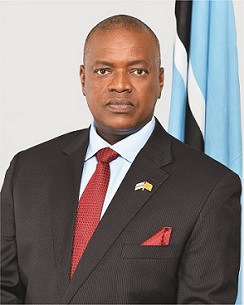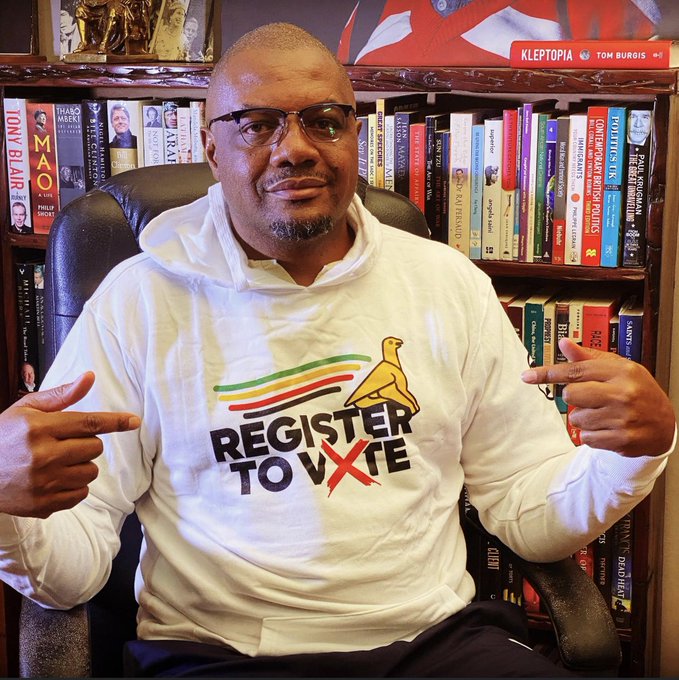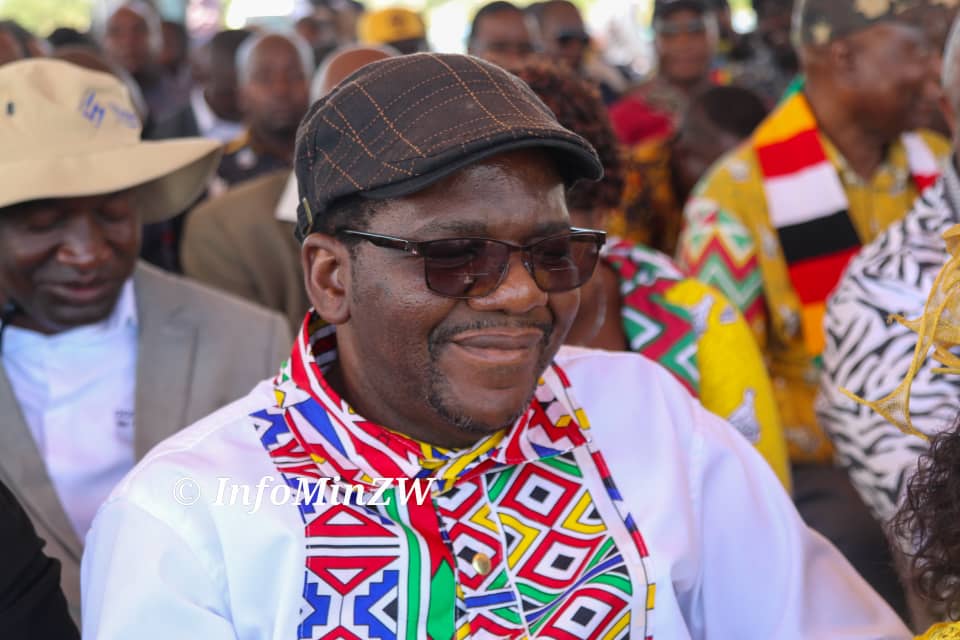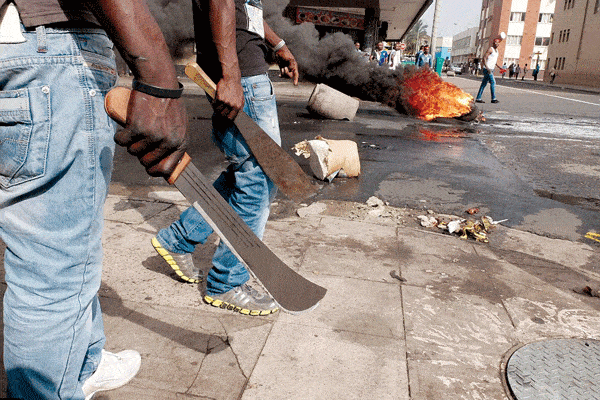As the country heads towards the harmonised elections, police are ready to tackle cyber-bullying, one of the emerging crimes being recorded in the country with most of the cases occurring in political debates.
While political parties are canvassing for votes, social media has become one of the tools used to debate political issues.
Unlike on offline platforms where political debates are more restrained and respectful, on social media platforms such as Twitter they are unrestrained and in some instances, there is an exchange of insults and the use of vulgar language.
A lot of citizens have been insulted particularly by Citizen for Coalition Change (CCC) supporters whenever they ask about how the party conducts its candidate selection processes.
According to Unicef, cyber bullying includes sending hurtful, abusive or threatening messages, images or videos via digital platforms.
It is repeated behaviour, aimed at scaring, angering or shaming those who are targeted.
National police spokesperson Assistant Commissioner Paul Nyathi said they are aware that cyber-bullying is one of the crimes that has emerged as a result of the usage of new technologies.
He said the police through their Cyber Lab can detect some of the online crimes including cyber-bullying.
Police in partnership with the Harare Institute of Technology came up with software to assist the Cyber Laboratory Criminal Intelligence Unit in dealing with crimes on digital platforms.
“We now have the Police Cyber Lab which was recently equipped and (detection) is work in progress. Definitely, the cyber-bullying trend is a scope for the police to do something to curb it. We also want the public to come forward and report cyber-bullying cases,” said Asst Comm Nyathi.
He said the public should use social media platforms responsibly and avoid engaging in behaviours that could incriminate them.
“People should be responsible when it comes to the use of social media. People should use social media to build the nation, build the community and build families and engage in meaningful activities or projects,” said Asst Comm Nyathi.
“They should avoid using social media to commit crimes or to attack others in a criminal way or to peddle falsehoods. There is a need to be responsible in the use of social media.”
Asst Comm Nyathi said some of the citizens involved in cyber-bullying do it knowingly while others do so out of ignorance.
“Some of the cases are reported while some of the cases are not reported. It is an emerging trend that needs to be understood by the people,” he said.
Political analyst Mr Teddy Ncube said there has been an increase in cyber-bullying particularly on political-related matters.
“We have seen a growing trend of cyber-bullying, but let us understand it within the context of cyber-crime because if you are bullying someone physically and bullying them on cyberspace the effects are the same,” he said.
“This means we are dealing with cases of political violence. We are dealing with a case of political intolerance. It’s just that when some individuals do this online they think they are faceless and what happens online stays online.”
Mr Ncube said the increase in political violence speaks to the ideological bankruptcy of some political players.
He said some of the online violence manifests physically hence there is a need to weed it out before it escalates.
“With cyber-bullying it has become difficult to talk openly about issues. This is a problem that needs to be addressed by all players, not just political players, but economic players, churches, and society and security agencies need to take these things seriously,” said Mr Ncube.
“We have seen where tweets translate to violent protests and so it is possible that the culture of intolerance that we are seeing in cyberspace can translate into the physical world.
“Even the culture of violence that we see in cyberspace can be translated into physical space and this is something that stakeholders need to take seriously.”
Mr Ncube said political leadership in the opposition should also play a crucial role in discouraging cyber-bullying.
“The trend of cyber bullying we are seeing is there are people who are openly bullying other individuals in the name of a political party,” he said.
Zimbabwe Christian Alliance executive director Reverend Useni Sibanda said cyber bullying is a new area that peace builders need to penetrate in.
“There is a need for people to be taught on cyber bullying because some of the information that is posted is not even true. The insults can denigrate a person, and the impact is huge, and there are cases where people committed suicide,” he said.
“This is a new space for conflict and peace building. We are traditionally used to physical spaces, but in cyber spaces, there is conflict and violence being perpetrated there.
Through his organisation, Rev Sibanda has been instrumental in calling political parties to sign a peace pledge during elections. -Chronicle














